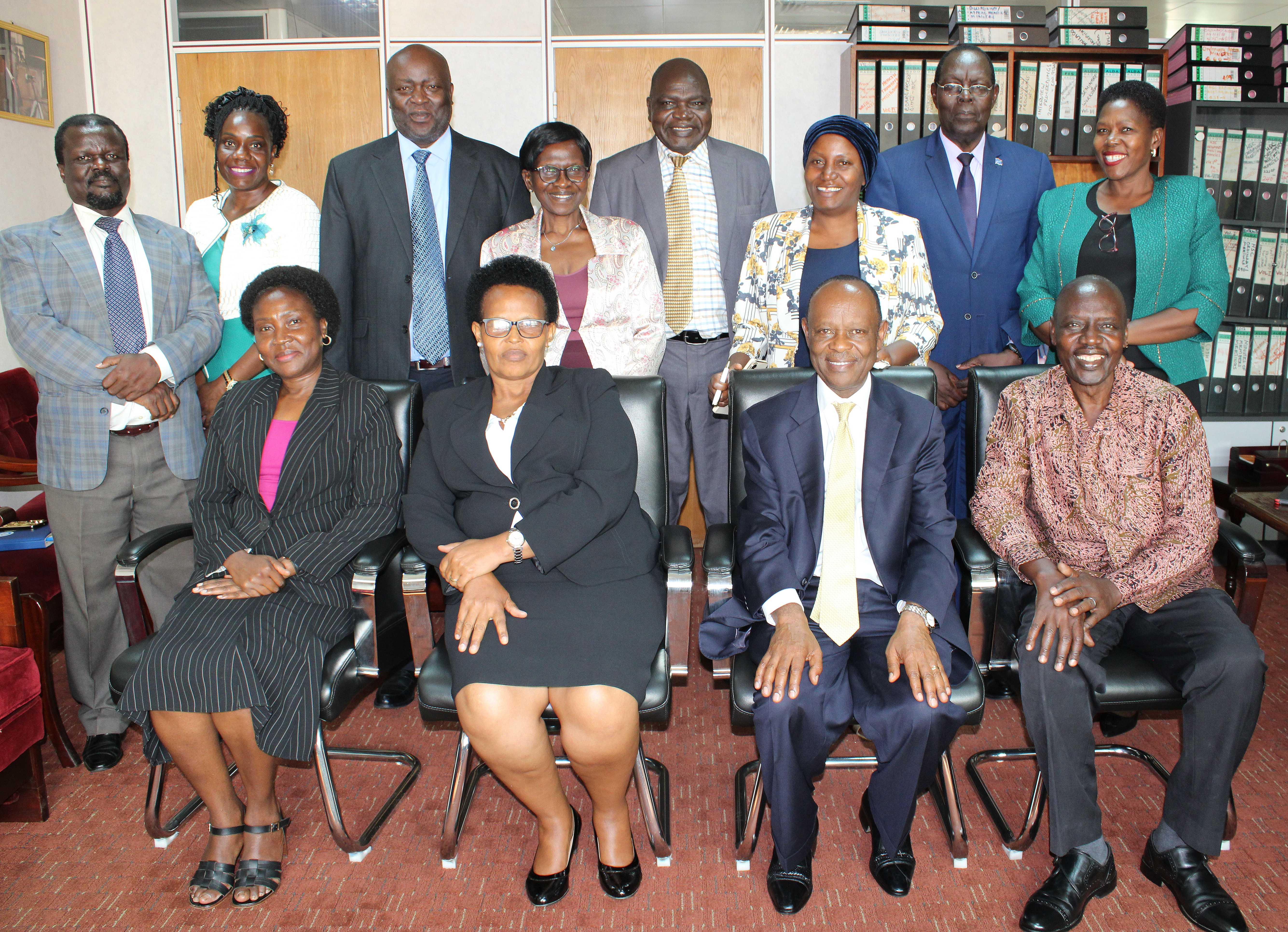About HSC
Our Vision:
The vision of the Health Service Commission is “a fully resourced health workforce that is responsive, efficient and effective in Uganda’s socio-economic transformation process”.
Our Mission:
The mission of the Health Service Commission is “to build a fundamentally strong and competent human resource base for efficient and effective health service delivery”.
Our Mandate:
The mandate of the HSC is provided for under Article 170 and 172 of the 1995 Constitution of the Republic of Uganda.
Appointed Health Workers-2023/24
Appointed to work in different Government Health Institutions
HSC Decisions on HRH-FY23/24
Through regular submissions to the Commission.
District Local Governments
Support Supervision to District Hospitals, Health Centres
Uganda’s population as of May 2024 - Uganda Bureau of Statistics (UBOS)-2024
Average annual Population growth rate of 2.9 percent since the last 2014.
Members of The Health Service Commission
According to Article 169 (2) of the Constitution of the Republic of Uganda, the Health Service Commission consists of a Chairperson, Deputy Chairperson and five (5) other Members, all of whom are appointed by the President with the approval of Parliament. Article 169 (3) of the Constitution of the Republic of Uganda and Section 4 of the HSC Act, 2001 provides for the appointment of a Deputy Chairperson by the President. The Commission therefore comprises the Chairperson, Deputy Chairperson and five Members. Currently the composition of the Health Service Commission is as follows
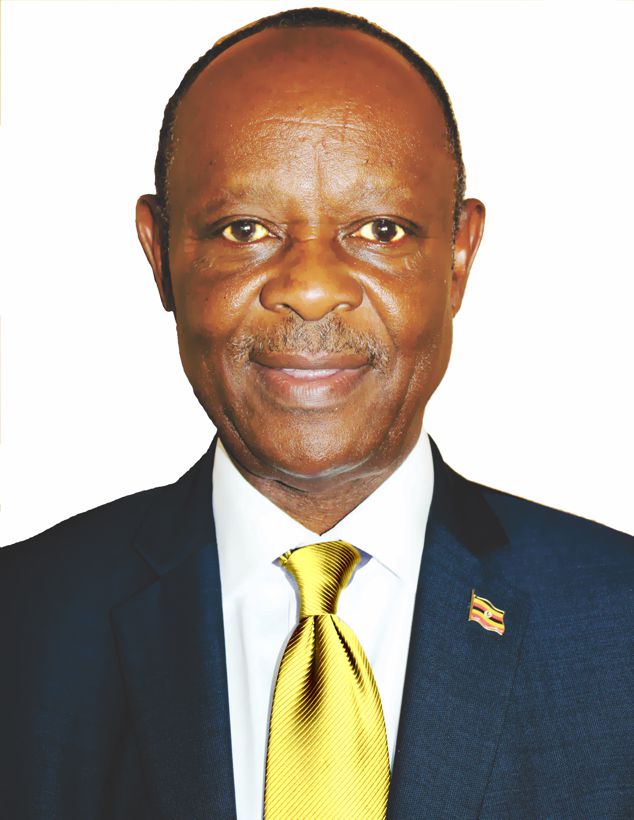
Dr. Mwebesa Henry
Chairperson
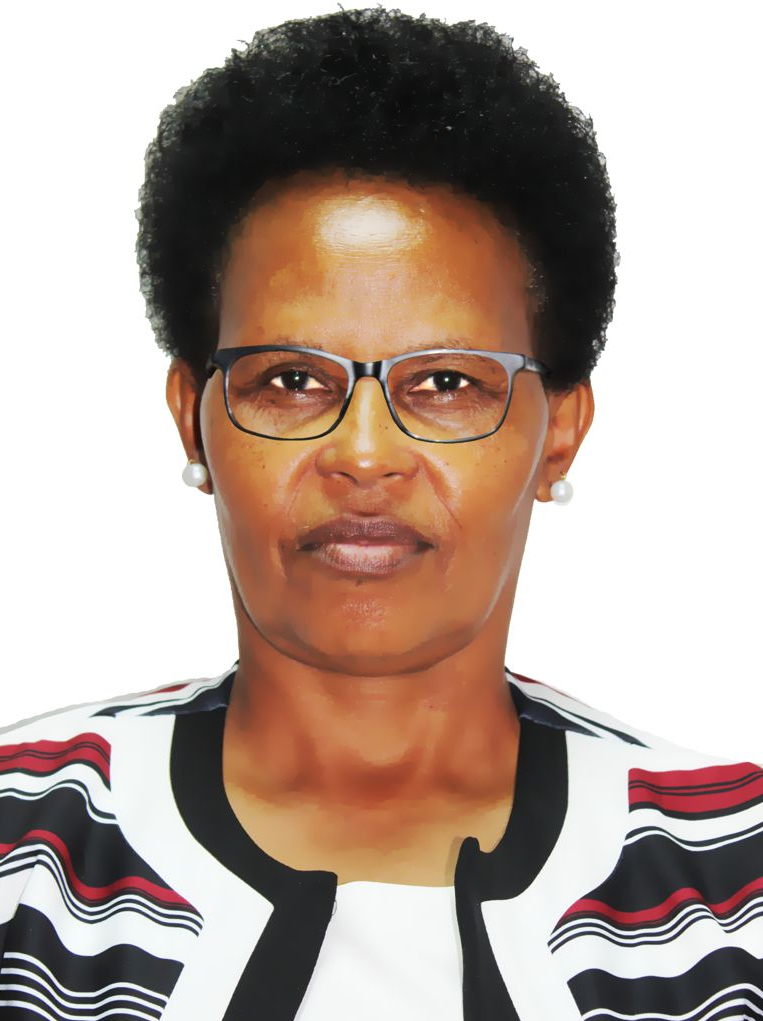
Ms. Christine Kakuru Kyomuhangi
Deputy Chairperson
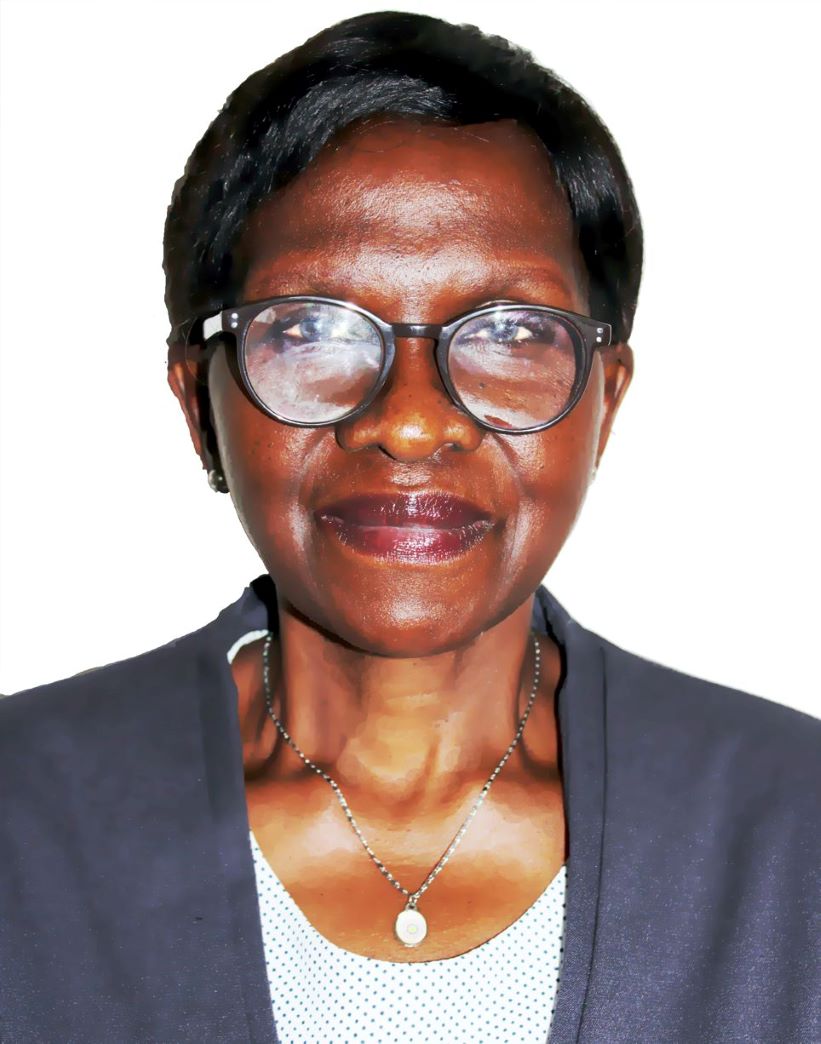
Ms. Janat Apayi Okumu
Member
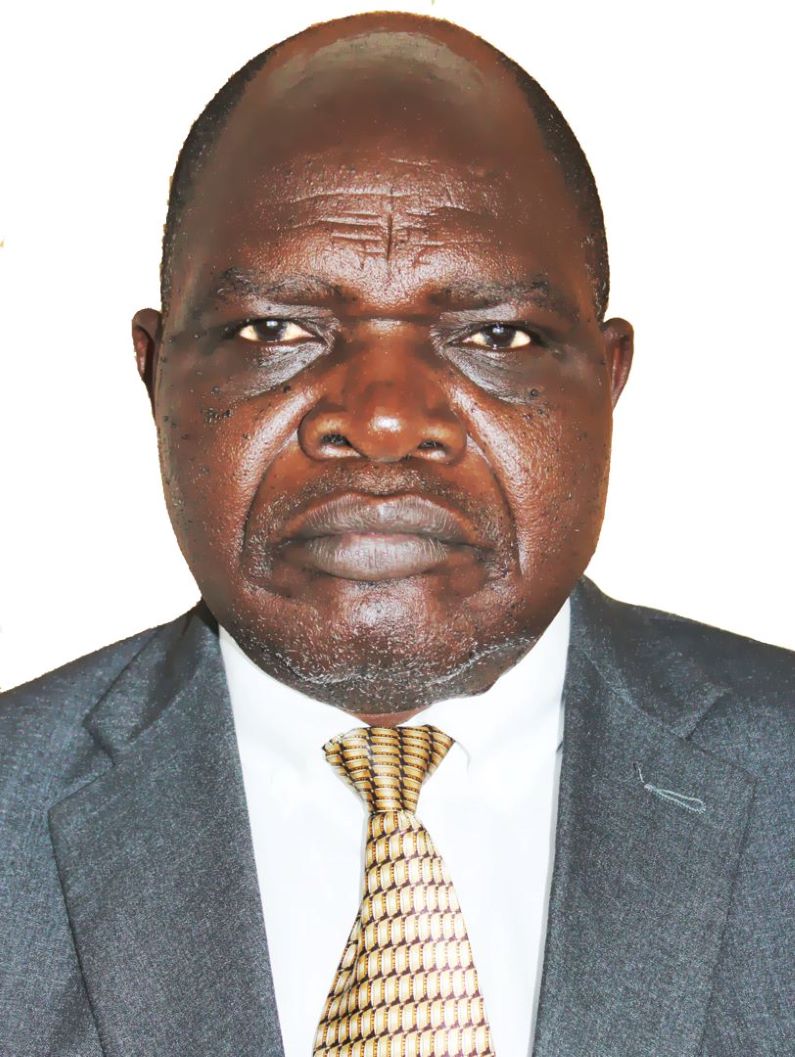
Mr. Obua Thomas Ocwa
Member
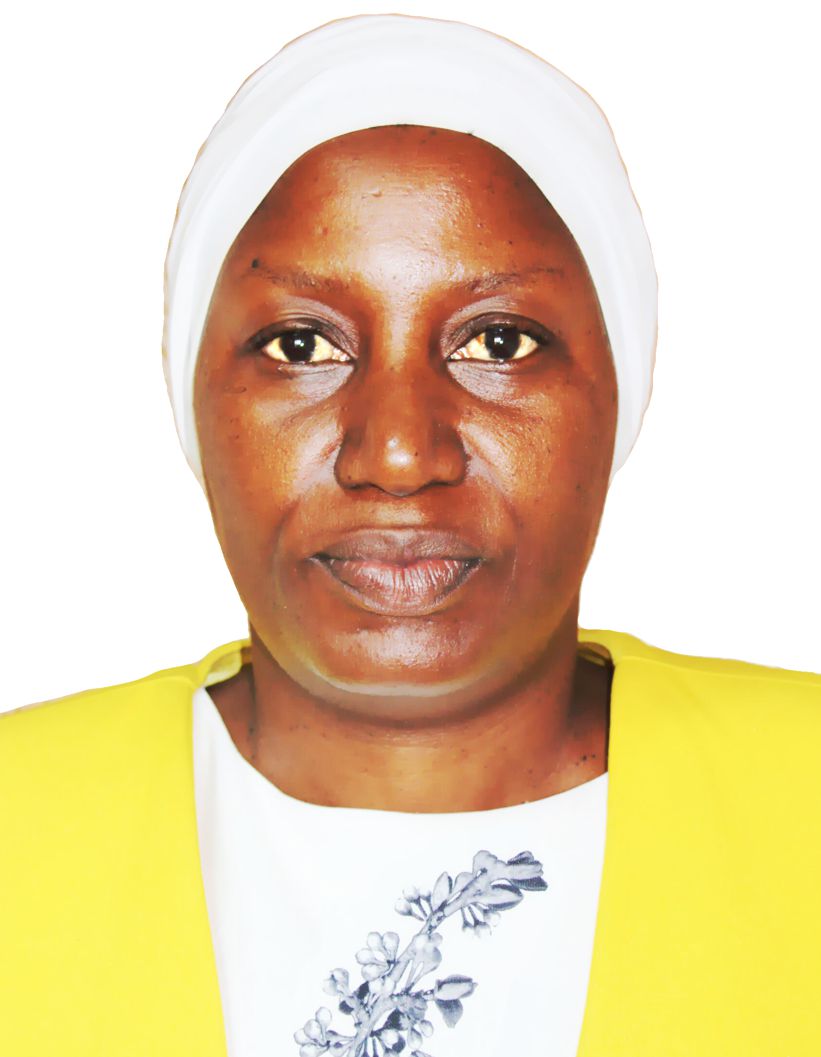
Dr. Mary Namubiru
Member

Mr. Aisu Peter Steven
Member
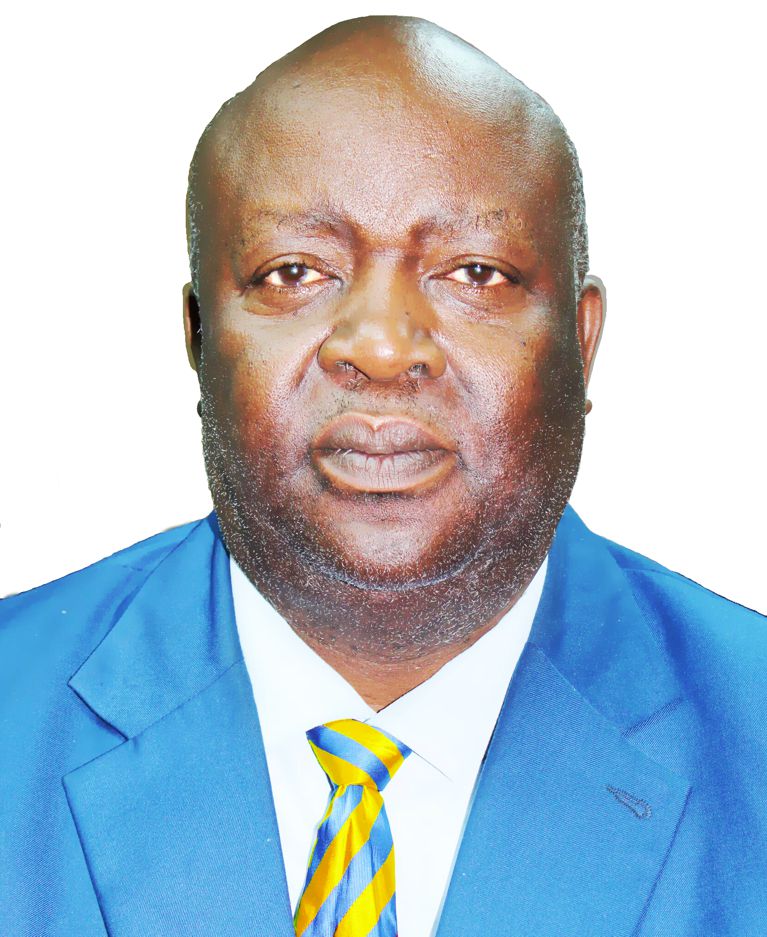
Dr. Nathan Walufu Onyachi
Member

Ms. Ketty Lamaro
HSC Secretary/Parmanent Secretary
Background:
The Health Service Commission (HSC) derives its mandate and functions from Articles 169 and 170 of the 1995 Constitution of the Republic of Uganda; section 56(3) of the Local Government Act, CAP 243 and, the HSC Act, 2001 section 25(2). It was established in 1998 to address unique Human Resources for Health (HRH) issues in the health service. The Commission is mandated to appoint, confirm, promote and review the terms and conditions of service, training and qualifications of health workers. It is also mandated to foster professional and work ethics, and exercise disciplinary control over health workers under its jurisdiction. The HSC handles human resource for health issues for the Ministry of Health HQ, National Referral Hospitals, Regional Referral Hospitals, the Directorate of Public Health and Environment under KCCA, and specialized institutions such as the Uganda Blood Transfusion Services, Uganda Cancer Institute and Medical Professional Councils. In addition, the Commission provides guidelines, technical support and support supervision to District Service Commission (DSCs) and Local Governments on matters relating to HRH management.
Structure of the commission:
HSC is made up of seven full-time Members that include a Chairperson and Deputy Chairperson. The Commission Secretariat is headed by the Secretary as the Responsible Officer. It comprises three Departments namely: Finance and Administration: headed by an Undersecretary; Human Resource Management Department, headed by a Commissioner, Human Resource Management; and Recruitment and Selection Systems Department headed by a Commissioner, Recruitment and Selection Systems. The Commission’s current approved establishment for staff in post is 47 out of 79 approved posts. In total therefore the Commission manpower strength is 54 including Members and Staff.
Strategic Objectives of the Commission:
Consistent with its mandate, vision and mission, the Commission is guided in its operations by its strategic objectives that are to: a) Provide advice to H.E. the President of Uganda and Government in respect to HRH issues for timely and strategic decision making; b) Recruit qualified and competent human resources for health for efficient and effective health service delivery; c) Enhance the efficiency in recruitment systems and processes; d) Carry out advocacy and make recommendations to improve the terms and conditions of service of health workers; and e) Enhance the institutional capacity of the Health Service Commission to deliver on its mandate.
Our Core Values:
The HSC is committed to quality service delivery and therefore, regards its institutional core values as critical in the execution of its mandate. The values that guide the operations of the Commission are: a) Independence: The Commission shall operate independently in executing her mandate. b) Merit: The Commission shall recruit and select candidates on merit. c) Integrity: The Commission shall operate with a high sense of moral and ethical standards in all its dealings. d) Professionalism: The Commission shall seek to accomplish her mandate in a professional way. It shall recruit professionally qualified and competent personnel. Tasks shall be performed at the highest professional standards to guarantee the quality of results. e) Transparency and Accountability: The Commission shall operate in an open manner. It will not accommodate nontransparent methods of work among its Members or staff. The use of resources including funds from various sources will be subjected to laid down procedures for accountability. f) Confidentiality: The Commission shall be discreet with the confidential information it handles in the course of executing her mandate, i.e. matters of individual health workers and Government business. Such information shall not be divulged to unwarranted third parties without the express permission from the source of the information..
Institutional Guiding Principles:
The key guiding principles of the Commission are: a) Expeditiousness: in handling of recruitment, appointment, confirmation, promotion, approval of study leaves and disciplining of health professionals. b) Responsiveness: in responding to the needs of clients and stakeholders in a way that meets their expectations. c) Maximum attention: to unique and peculiar problems affecting health professionals as they emerge. d) Innovativeness: in strengthening the institutional capacity to effectively fulfill her mandate, organizationally and professionally. e) Teamwork: in the course of executing her mandate, the Commission derives its effectiveness from all its Members and staff acting as a body in a synergetic manner.
Functions of the Commission:
The HSC derives its mandate and functions from Article 169 of the 1995 Constitution of the Republic of Uganda; section 56(3) of the Local Government Act, CAP 243 and, the HSC Act, 2001 section 25 (2). In the perspective of these laws, the HSC was established in 1998 to address unique Human Resources for Health issues in the health service. Specifically, the Commission is mandated to appoint, confirm, promote, and review the terms and conditions of service, training and qualifications of health workers. The Commission is also mandated to foster professional and work ethics, and exercise disciplinary control over the health workers under its jurisdiction. The Commission makes annual appraisals to Parliament and deals with the peculiarities or unique issues of the health workers that covers the following streams: - i) Medical and Dental practitioners; ii) Nurses and Midwives; iii) Allied Health Professionals; iv) Pharmacists; v) Scientific and Administrative staff, and v) Support staff.
Jurisdiction of the Commission:
In accordance with Article 170 (5) of the Constitution of the Republic of Uganda (1995), Parliament provides, under Section 3 of the HSC Act, 2001 for the jurisdiction of the Health Service Commission to include all health professionals, administrative, scientific and support staff working in the health sector. The Commission has jurisdiction over Health Workers in central Government institutions, namely: - a) The Ministry of Health Headquarters; b) Mulago National Referral Hospital; c) Mulago Specialised Women and Neonatal Hospital; d) Butabika National Referral Mental Hospital; e) Kiruddu and Kawempe Referral Hospitals; f) Regional Referral Hospitals of: Arua, Gulu, Lira, Soroti, Jinja, Mbale, Kabale, Mbarara, Hoima, Masaka, Fort Portal, Mubende, Moroto, China-Uganda Friendship Hospital Naguru, Entebbe, Kayunga and Yumbe; g) Kampala Capital City Authority; h) Specialized Health Institutions like Uganda Blood Transfusion Services and Uganda Virus Research Institute. The HSC handles issues of appointment for Health Workers under Uganda Cancer Institute on request. Other Ministries and Institutions which have Health Workers on their staffing structure, from time to time request the Commission to recruit for them. These include the Ministry of Tourism, Wildlife and Antiquities, the Ministry of Works and Transport, the Ministry of Gender, Labour and Social Development and Uganda Prisons Service.
Secretariat of the Commission:
The HSC has a Secretariat headed by the Permanent Secretary/Secretary to the Commission. There are three Departments namely; Finance & Administration, Human Resource Advisory Services and Recruitment and Selection Systems. By June 2021 the Secretariat had 44 (55.7%) staff in post out of 79 approved posts.
Finance and Administration Department:
The Finance and Administration Department provides administrative support services and resources to facilitate the work of the Health Service Commission in implementation of its mandate and programmes. It ensures timely resource mobilization, proper expenditure and accountability for resources according to the workplan of the Commission. The key functions of Finance and Administration Department include: a) Administrative support services; b) Resource mobilization; c) Commitment control, financial reporting and accounting; d) Human resource management and staff welfare; e) Office accommodation, management and supervision Units under Finance and Administration • Administration • PDU • IT • Planning • Accounts • Audit • HRM Unit • Records Management • Inventory management .
Human Resource Management Advisory Services Department:
The Department of Human Resource Management Advisory Services is responsible for ensuring quality selection, appointment and management of Human Resource for Health in the Health Sector for the institutions under the jurisdiction of the Commission; handling HRH management cases; organizing support supervision visits to Districts, DSCs and health institutions and any other matters related to the management of HRH. The key functions of the Human Resource Management Department are to:- a) Coordinate recruitment and selection of human resource for health institutions under the Central Government; b) Offer technical guidance, support supervision and outreach services to National Referral Hospitals, Regional Referral Hospitals, Local Governments and District Service Commissions; c) Foster and promote ethical conduct of health workers; d) Handle regular submissions on appointments, confirmations, study leave, discipline, retirement and any other human resource management matters for health institutions under the jurisdiction of the Commission; e) Regular review of Guidelines for the Recruitment of Health Workers in Local Governments..
